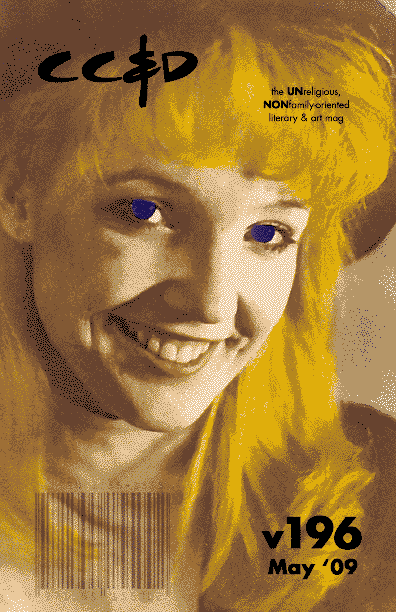



This appears in a pre-2010 issue
|

|
|
|
| ||
|
Order this writing in the book Laying the Groundwork |
 |
|
| |
| paperback (just issues) 5.5" x 8.5" book w/ b&w pages: $15.95 | paperback perfect-bound 5.5" x 8.5" book w/ b&w pages: $17.95 |
paperback 6" x 9" cc&d perfect-bound book w/ b&w pages: $21.95 |
paperback 6" x 9" cc&d perfect-bound book w/ color pages: $114.95 |
|||
|
Ink in my Blood (prose edition) (PDF file) download: only $4.95 (b&w pgs): paperback book $16.95 (b&w pgs):hardcover book $32.95 (color pgs): paperback book $64.95 (color pgs): hardcover book $74.95 |
 |
|
| |
![]()




